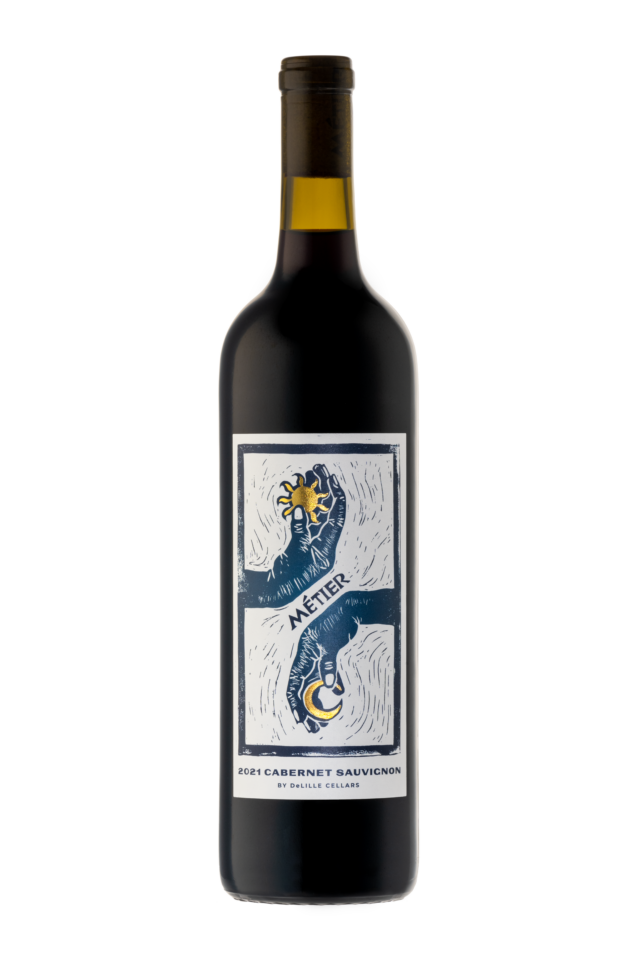Eating food and drinks which are abundant in flavonoids, including red wine, can assist in substantially lowering the risk of dementia. The study by Queen’s University Belfast, which was published in JAMA Network Open, found that drinking red wine or tea, as well as eating berries, could reduce the risk of dementia by as much as 28%. It used a cohort of 120,000 adults, aged between 40 and 70 years old, from the UK Biobank’s data set to make the findings. Although the scientists admitted that age and genetics still are the biggest risk factors in the development of the disease, which is expected to triple to around 153 million cases by 2050, the impact of diet on reducing the risk is also important. The flavonoids, which are normally found mainly in plant-based foods, also include other health benefits, including anti-oxidant and anti-inflammatory properties. In addition, as reported previously by the drinks business, red wine and flavonoids are also linked to a reduced risk of cardiovascular disease, as well as assisting with overall cognitive functions. According to the leader researcher of the study, Professor Aedin Cassidy, the findings were “most noticeable” in individuals with a high genetic risk, as well as in those with symptoms of depression”. Cassidy said: “The worldwide prevalence of dementia continues to increase rapidly. In this population-based cohort study, we analysed dietary data from over 120,000 adults aged between 40 and 70 years from the UK Biobank. “Our findings show that consuming six additional servings of
This Article was originally published on The Drink Business - Wine






